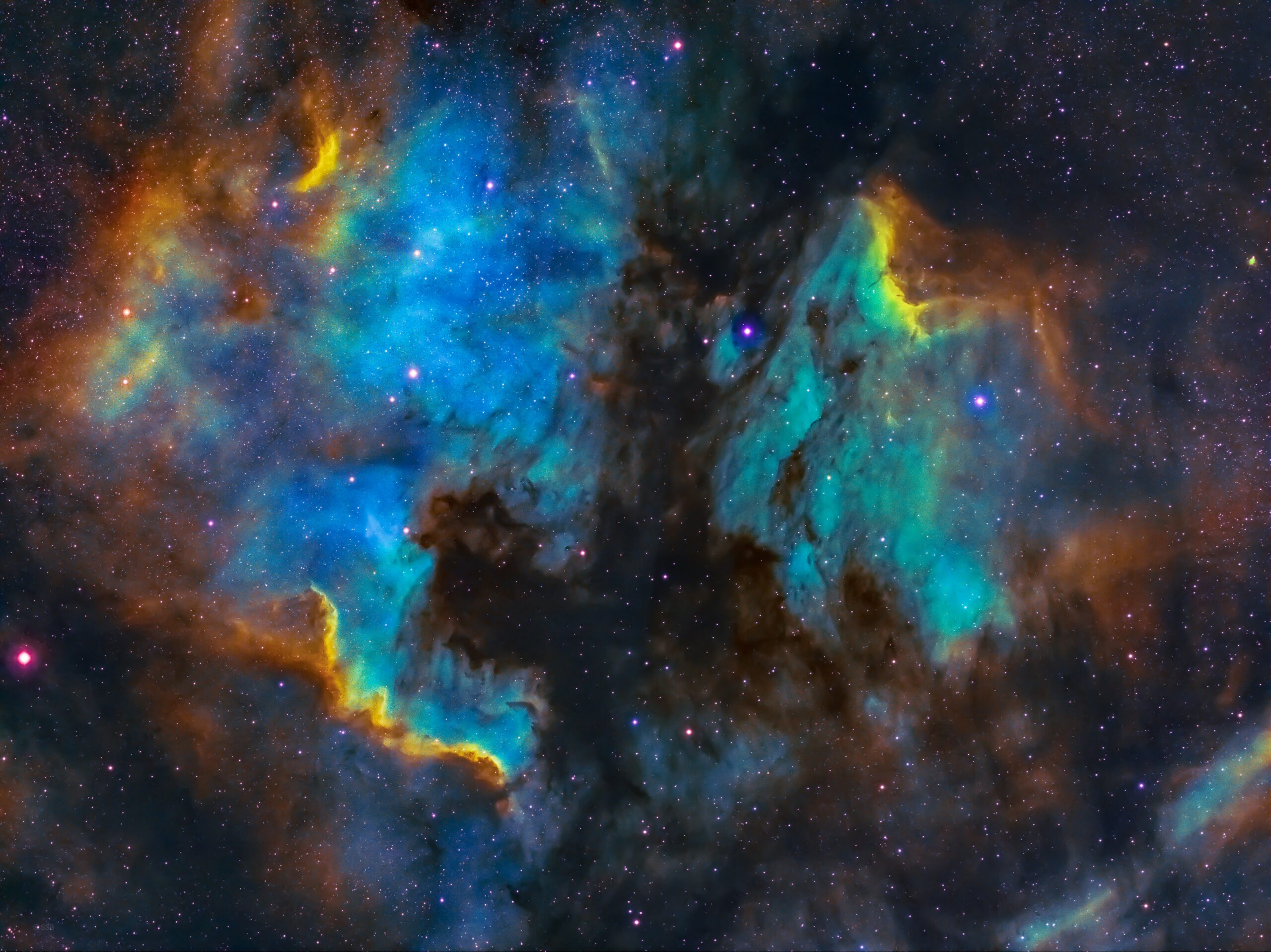Welcome to “Echoes of Tomorrow” — Editor’s Note
Retrofuturism is a vision of the future, from the past.
Picture those iconic tales of shimmering spacecrafts on silver screens – The Jetsons, Back to the Future, Star Trek – series like these served not just as entertainment, but also, as colourful mid-late-century predictions of what our world would be like in the 21st century, and beyond.
Ever since humanity has recorded history, we have also attempted to predict it. Predictions of the future from decades past can provide us with context that helps further our understanding of the mindsets that dominated the masses during different eras throughout history. During the boom following the second world war, media in the West that depicted the future was generally optimistic. Consider The Jetsons; while the traditional family values of the 50s and 60s were maintained on the show, technology had developed to make everyday life a breeze. Automated systems handled daily tasks, and The Jetsons family even had their very own robot maid, Rosie, to take care of chores around the house. Consider Back to the Future, a series of upbeat, colourful films depicting Marty McFly bouncing back and forth through the decades riding in a stylish DeLorean, encountering surprisingly little trouble along the way.
Predictions about the future aren’t always so optimistic.
Whether driven by pessimism or morbid fascination, visions of dystopias often preoccupy the thoughts of the masses. Consider stories from the early and mid-20th century, like Brave New World and Nineteen Eighty-Four. These stories make predictions about the future, often exploring the moral implications of unprecedented technological advances. Perhaps these more pessimistic visions are reflective of the grand-scale negative mindsets of people during the Great Depression and during and following the second world war. Or perhaps, these mindsets are simply grounded in realism.
Today, the human obsession with predicting or imagining the future lives on through many of our most popular forms of media. Video games like Cyberpunk 2077 grapple with capitalism and technological advancement, outlining the fact that within a capitalist system, innovation will always harbour both winners and losers. Shows and video games like The Last of Us play with the idea of plagues and pandemics taking place in the future, notions we all have been all too familiar with throughout these past few years. Alternatively, films like Big Hero 6 approach the future in a way that is positive and playful. People harness technology in ways that are empowering, and humans and robots coexist in peace.
It is our hope that, through the stories and essays enclosed within this magazine, we will be archiving our visions of the future, and therefore, our understandings of the world as it exists today, at the close of Volume 50 of The Medium.
The publication of this magazine would have been impossible without the tireless work of our design team, our editorial team, and each of our writers. Jaros, thank you for your endless encouragement and organizational skills. Chris and Maja, thank you for your thoughtful and strenuous edits. Our writers, thank you for having the willingness to share your stories with us, and for always graciously accepting edits. Our editorial team, thank you all for your support throughout this year. And last but most certainly not least, Beatriz, thank you for your determination, creativity, talent, and patience.

